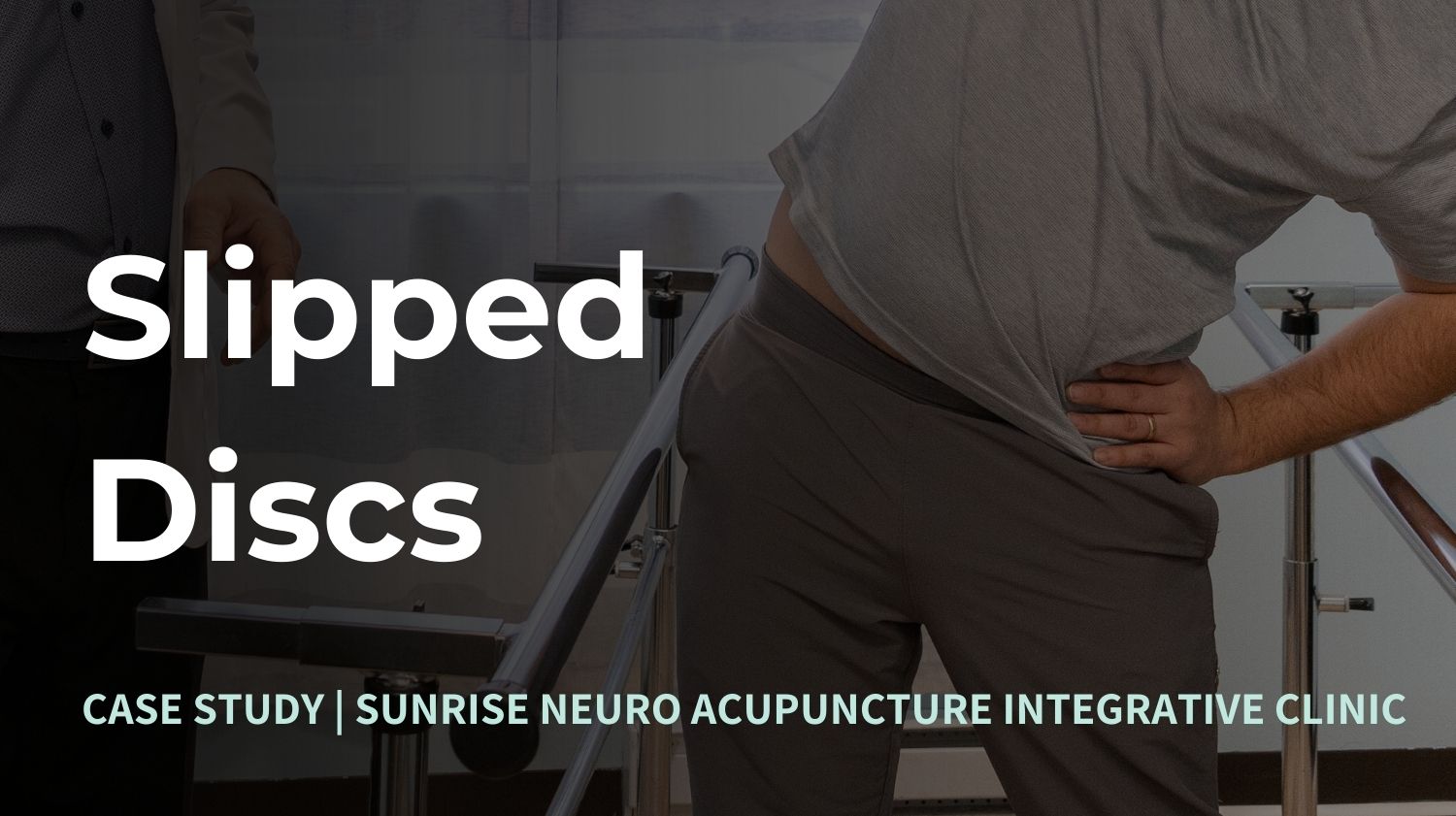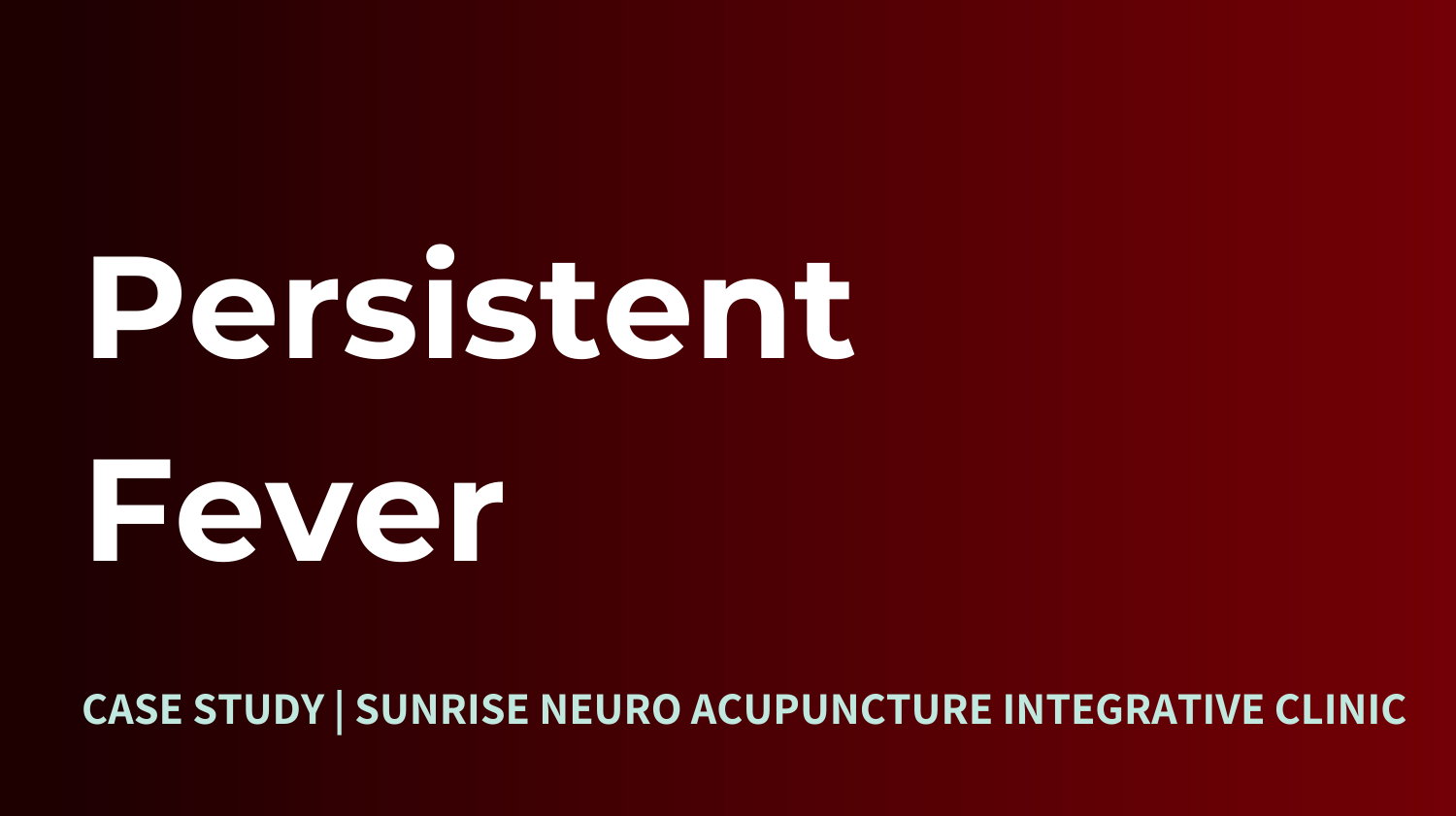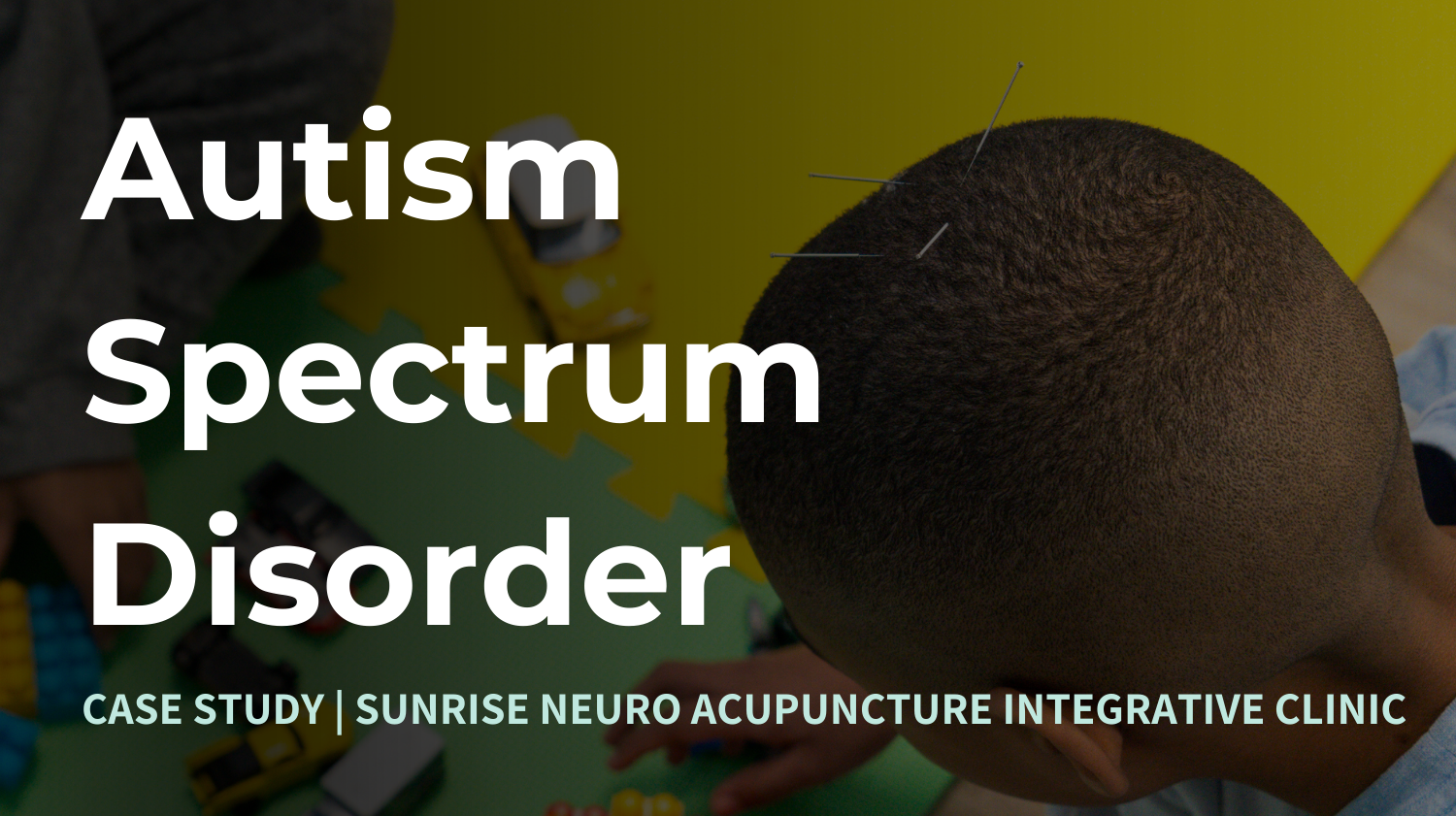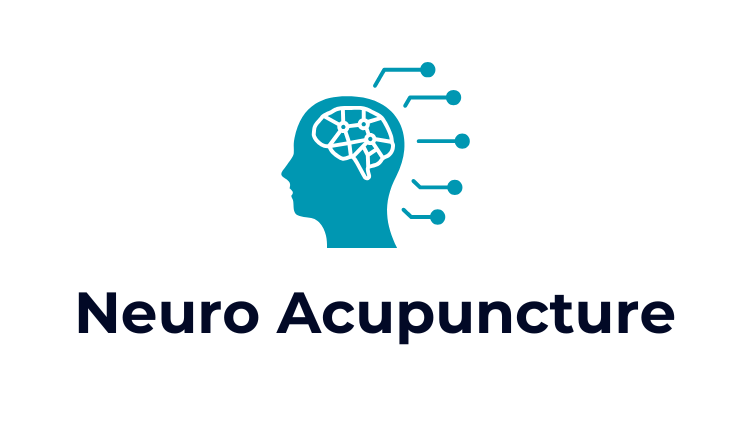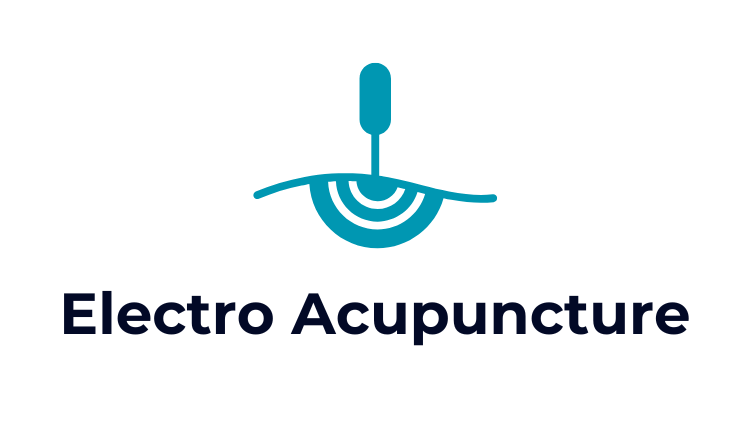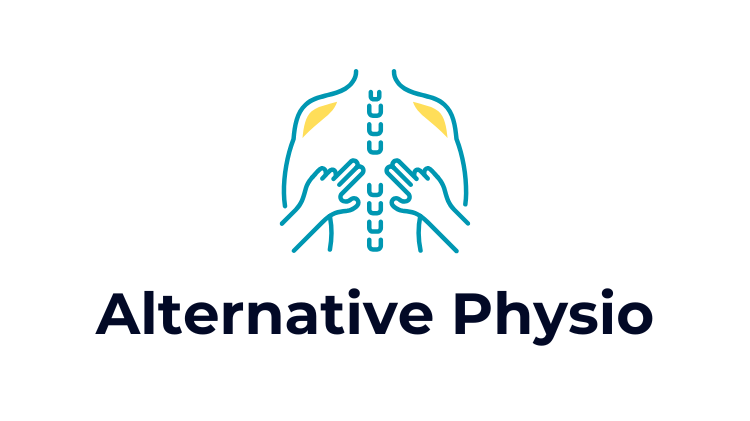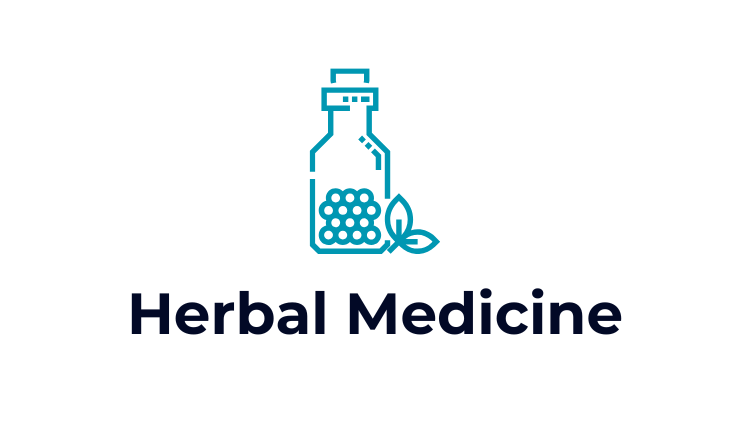Macular Degeneration
What is
Macular Degeneration?
Macular Degeneration is a progressive eye condition that affects the macula, the central part of the retina responsible for clear, detailed vision. This condition gradually deteriorates the macula, leading to blurred or distorted central vision. Macular degeneration primarily affects older adults, making it the leading cause of vision loss in people over 50. Understanding the meaning of macular degeneration is crucial for recognizing symptoms early and seeking appropriate treatment.
Symptoms of
Macular Degeneration
The symptoms of macular degeneration can vary depending on the type and stage of the condition. Common symptoms include:
- Blurred or fuzzy vision
- Difficulty recognizing faces
- Dark or empty areas in the central vision
- Distortion of straight lines, making them appear wavy
- Decreased ability to see in low light or read small print
These symptoms are commonly associated with age-related macular degeneration (AMD), especially in its advanced stages. Recognizing age macular degeneration symptoms early can significantly improve treatment outcomes.
Types of
Macular Degeneration
- Dry (Atrophic) Macular Degeneration
The most common form of macular degeneration is the dry type, also known as atrophic macular degeneration. It accounts for about 85–90% of all cases. This condition is caused by the gradual thinning of the macula over time, which leads to slow and progressive vision loss. It often affects both eyes and develops over several years. Treatment for atrophic macular degeneration focuses on slowing its progression and preserving the vision that remains.
- Wet (Neovascular) Macular Degeneration
The less common but more severe form of macular degeneration is the wet type. It is characterized by the growth of abnormal blood vessels under the retina. These vessels can leak blood and fluid, leading to rapid and serious vision loss. Treatment typically involves medical interventions such as injections, laser therapy, or other procedures to slow the damage and preserve vision.
Related Conditions
What Causes
Macular Degeneration ?
Identifying and addressing these factors can play a critical role in the prevention of macular degeneration. While the exact cause of macular degeneration is not fully understood, several risk factors are known to contribute:
- Age
The condition is most commonly associated with aging, especially in individuals over 60.
- Genetics
A family history of macular degeneration increases the risk.
- Lifestyle Factors
Smoking, poor diet, lack of exercise, and excessive exposure to sunlight can contribute to the condition.
- Health Conditions
High blood pressure, high cholesterol, and cardiovascular diseases are linked to increased risk.
Our Approach
At Sunrise Neuro Acupuncture Integrative Clinic, we offer a comprehensive approach to managing macular degeneration that includes:
- Microcurrent Therapy for Macular Degeneration
Microcurrent therapy is a gentle, non-invasive treatment that uses low-level electrical currents to stimulate and rejuvenate damaged retinal cells. It helps improve blood flow to the eyes, reduce inflammation, and support cellular repair. This therapy is especially effective for managing early macular degeneration and is commonly used as part of atrophic macular degeneration treatment.
- Herbal Medicine for Macular Degeneration
Traditional Chinese Medicine (TCM) provides herbal formulas designed to reduce inflammation, enhance circulation, and nourish the eyes. At our clinic, we offer customized herbal treatments that support overall eye health and work alongside other therapies to improve their effectiveness.
- Neuro Acupuncture for Macular Degeneration
Neuro Acupuncture has been shown to improve blood circulation around the eyes and reduce inflammation. As a natural and holistic treatment, it may help relieve symptoms such as blurred vision and distorted central vision associated with macular degeneration.
Improvements We See in Our Clinic
Patients receiving treatment for age-related macular degeneration (AMD) at Sunrise Neuro Acupuncture Integrative Clinic often report:
- Enhanced clarity of vision
- Reduced distortion of straight lines
- Improved ability to read and recognize faces
- Greater comfort in low-light conditions
- Reduced symptoms of blurred or fuzzy vision
How to Prepare for Your First Appointment
- Complete Your Online Application with Details
When filling out your online application, provide as much detail as possible about your medical history and symptoms.
This helps us prepare for your visit and create a personalized treatment plan.
- Share Your Medical Records in Advance
Send us any relevant medical documents, test results, or diagnostic reports prior to your appointment.
This allows us to review your information thoroughly and tailor your treatment to your specific needs.
- Eat Before the Acupuncture Treatment
If your treatment involves acupuncture, please have a light meal or snack beforehand.
This helps maintain your energy levels and prevents lightheadedness during the session.
- Wear Loose Clothing
Wearing comfortable, loose-fitting clothing ensures easy access to treatment areas, making the process smooth.
This provides us with the necessary access to deliver optimal care.
- Avoid Applying Lotion
Refrain from using lotion, creams, or makeup on the areas to be treated.
This helps us better assess your condition and provide effective care.
Get Natural ADHD Treatment
While macular degeneration cannot be completely cured, our approach aims to slow progression and enhance quality of life through natural and effective therapies.
For more information about our treatment options for macular degeneration and how we can help you, schedule a consultation.
FAQ
Find answers to common questions about our natural Mucular Degeneration treatments and how to book your consultation.
Yes, genetics can play a role. Having a family history of macular degeneration may increase your risk, but lifestyle and environmental factors are also important.
Age-related macular degeneration (AMD) is an eye condition that affects the central part of the retina (the macula), leading to gradual vision loss in people typically over 50.
Progression may be slowed with timely care, lifestyle changes, and supportive therapies that promote eye health and function.
You can reduce your risk by following healthy habits – like eating a balanced diet, avoiding smoking, managing overall health, and protecting your eyes from UV exposure.
Depending on the type and stage, treatment may include medical procedures or supportive therapies like microcurrent therapy, acupuncture, and herbal medicine to maintain visual function.
You can schedule a consultation through our website or contact us directly by phone or email:
+1 613 853 9099
info@neuroacupuncture.ca
Check our case studies
- All
- Gastrointestinal
- Infections
- Mental
- Musculoskeletal
- Neurological
- Skin

